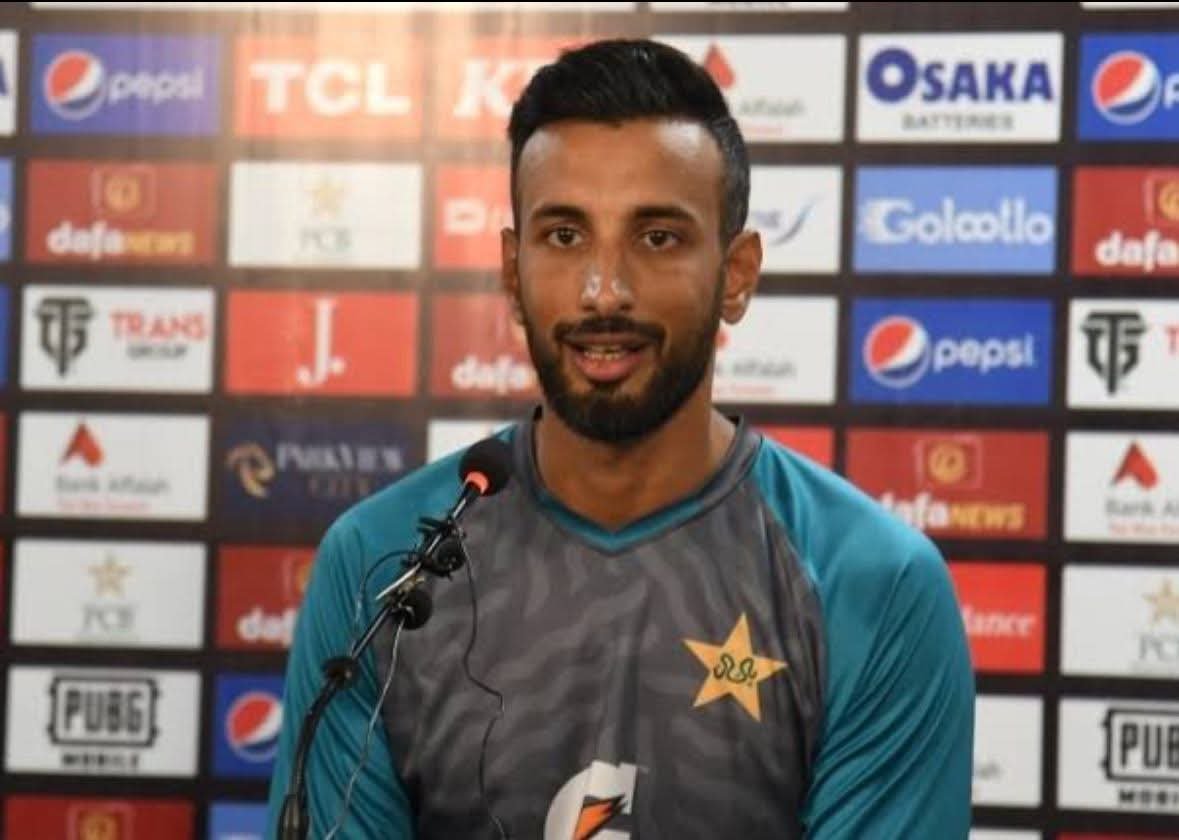
By: Engineer Bakht Said Yousafzai – Pen of Truth
A First in Pakistan Cricket History
Pakistan cricket once again finds itself trapped in a familiar web of confusion, contradiction, and controversy, and at the heart of it this time stands Test captain Shan Masood. The Pakistan Cricket Board (PCB) has appointed him as Consultant for International Cricket and Players’ Affairs, a move that has ignited widespread debate and disbelief among cricket enthusiasts, analysts, and former players alike.
It is perhaps for the first time in Pakistan’s cricketing history that a serving Test captain has been handed an official advisory and administrative position within the cricket board. Traditionally, such roles are given to experienced administrators, retired professionals, or former players with an extensive understanding of cricket management. The PCB’s decision raises serious questions about the board’s direction, its priorities, and its grasp of professional boundaries.
Blurring the Lines Between Player and Policymaker
To many observers, this appointment looks less like progress and more like another example of Pakistan’s chronic administrative experimentation. Critics argue that it reflects convenience over capability, and relationships over merit. Shan Masood’s record as a Test captain has been modest, and his leadership has yet to show the kind of tactical intelligence or motivational strength expected at this level. Yet, he is now tasked with advising the same institution that governs him.
This move blurs the line between player and policymaker, creating a dual role that is both confusing and potentially conflicting. How can a player actively leading the team also advise on policies that directly affect the same team? Can he separate his interests as a player from his responsibilities as a consultant? These are not theoretical questions; they are practical governance concerns demanding urgent attention.
Merit vs. Convenience
Pakistan cricket, already struggling for stability and consistent direction, could hardly have chosen a worse time for such an experiment. The national team has experienced ups and downs, selection policies fluctuate, and leadership transitions are frequent and unplanned. At a moment when clarity and discipline are critical, the PCB’s decision adds yet another layer of confusion.
Over the years, Pakistan cricket has suffered not only due to inconsistent performance but also because of governance decisions that defy logic. This latest move reflects a recurring pattern where personal comfort outweighs institutional integrity. In a system where relationships often overshadow merit, such decisions deepen public distrust.
Public Outcry and Social Media Reaction
The reaction from cricket circles has been swift. Fans and analysts have described the appointment as “a joke with cricket,” a phrase that has echoed across social media. Former players have also expressed concern, noting that overlapping roles could lead to conflicts of interest, especially when a captain is tasked with advising on matters concerning the very team he leads.
The irony is evident. Pakistan’s cricket structure has long been accused of favoring personal networks over professional qualifications. This appointment reinforces that perception. Elevating a captain struggling for consistent results to a position of policy influence off the field sends a dangerous message: performance is secondary, and connections are primary.
Implications for Team Performance and Governance
Shan Masood himself cannot be entirely blamed. Any player offered such a role would find it hard to refuse. The issue lies within the system enabling these contradictions. The PCB, in seeking to project inclusivity or innovation, appears to have overlooked basic principles of professionalism.
A captain’s primary focus should be on the team, strategy, and leadership on the field. Dividing that focus with administrative responsibilities risks diluting effectiveness and weakening discipline. Leadership in cricket requires mental sharpness and constant presence, qualities that can be compromised when a player is stretched between competing priorities.
The Bigger Picture
This appointment may seem symbolic, but symbols carry weight. It reflects a deeper cultural problem within the PCB, where process gives way to personality, and immediate comfort outweighs long-term reform. While international boards evolve with clear structures, independent oversight, and transparent decision-making, Pakistan cricket continues to operate in cycles of old habits and new experiments.
Fans deserve a system that rewards performance, not politics. Leadership should value merit above mediocrity. Every appointment made without due process erodes public faith in cricket governance.
A Warning for the Future
The episode highlights the PCB’s inconsistent vision. Within months, the board has changed coaches, adjusted management structures, and shifted player responsibilities without a clear roadmap. Adding a serving captain to the administrative hierarchy only intensifies the perception of chaos.
There is also the international perception to consider. When a player simultaneously occupies a decision-making role, other boards and the ICC may view Pakistan’s governance model as unorthodox. This could affect the credibility of Pakistan’s representatives on global platforms where professionalism and hierarchy are expected.
Cricket in Pakistan is not just a sport, it is a matter of national pride. Decisions affecting its structure carry immense symbolic weight. Appointments like this undermine meritocracy and risk sending a disheartening message to aspiring players who work hard believing success will come through performance, not privilege.
Ultimately, this episode is a reminder that cricket administration in Pakistan requires serious introspection and reform. The PCB must establish clear boundaries. A captain must lead, a coach must mentor, and administrators must govern. When these roles overlap, accountability disappears, and chaos prevails.
This decision may please a few, but it confuses many more. Pakistan cricket, already battling inconsistency, deserves clarity, not confusion. In the final analysis, this is not just about Shan Masood or the PCB. It is about a mindset resisting change, professionalism, and merit. Until those values are restored, Pakistan cricket will continue to walk in circles, and the real joke, sadly, will remain on the game itself.
Read more news related to sports here: https://thepublicpurview.com/category/sports-news/
For climate-related stories, visit: The Green Post










